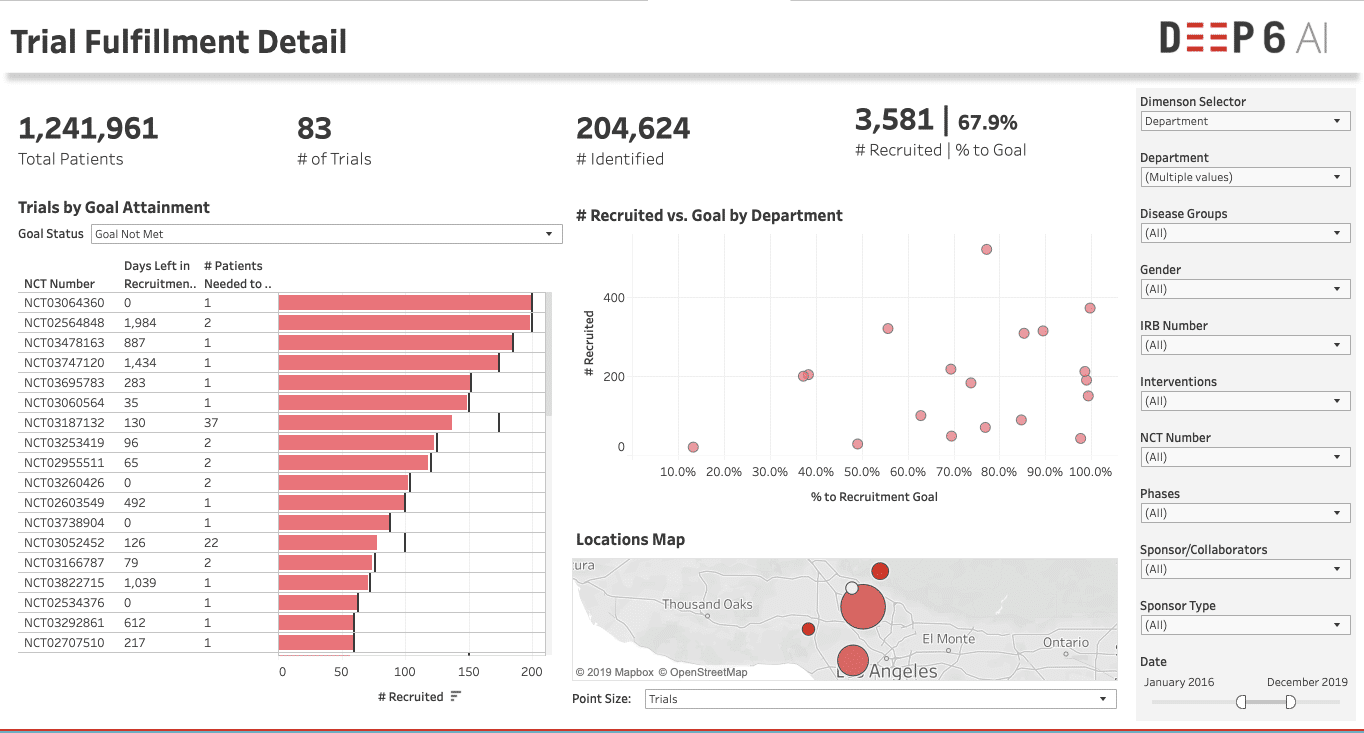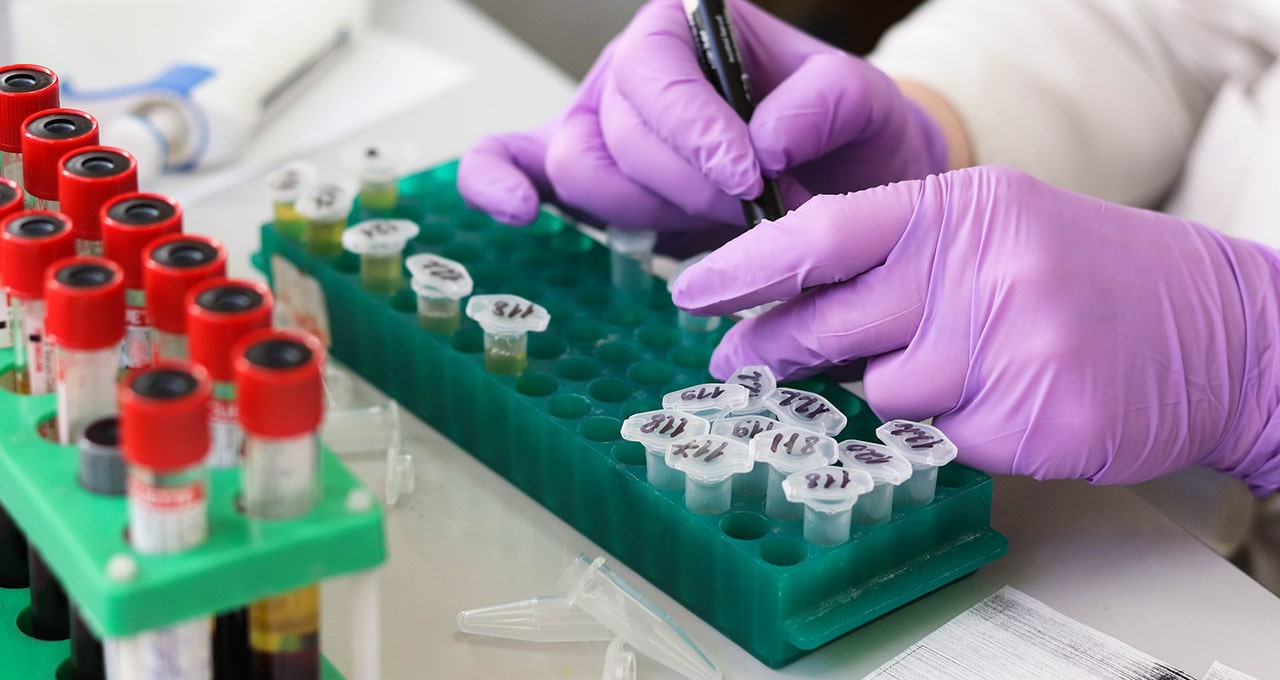Bringing a new medical treatment to market is a slow, laborious process — and for a good reason: patient safety is the top priority.
But when recruiting patients to test promising treatments in clinical trials, the faster the better.
“Many people in medicine have ideas of how to improve healthcare,” said Wout Brusselaers, CEO of Pasadena, Calif.-based startup Deep 6 AI. “What’s stopping them is being able to demonstrate that their new process or new drug works, and is safe and effective on real patients. For that, they need the clinical trial process.”
Over the past decade, the number of cancer clinical trials has grown 17 percent a year, on average. But nearly a fifth of these studies fail to recruit a sufficient number of participants that fit sometimes very specific trial criteria after three years of searching — and the problem isn’t getting any simpler.
“In the age of precision medicine, clinical trial criteria are getting more challenging,” Brusselaers said. “When developing a drug that is targeting patients with a rare genetic mutation, you have to be able to find those specific patients.”
By analyzing medical records with AI, Deep 6 can identify a patient population for clinical trials within minutes, accelerating what’s traditionally a months-long process. Major cancer centers and pharmaceutical companies, including Cedars Sinai Medical Center and Texas Medical Center, are using the AI tool. They’ve matched more than 100,000 patients to clinical trials so far.
The startup’s clinical trial acceleration software has specific tools to help hospitals recommend available trials to patients and to help pharmaceutical companies track and accelerate patient recruitment for their studies. Future versions of the software could also be made available for patients to browse trials.
A Match Made in AI
Deep 6 AI is a member of the NVIDIA Inception virtual accelerator program, which helps startups scale faster. The company uses an NVIDIA TITAN GPU to accelerate the development of its custom AI models that analyze patient data to identify and label clinical criteria relevant to trials.
“It’s more efficient and less expensive for us to develop our models on premises,” Brusselaers said. “We could turn around models right away and iterate faster, without having to wait to rerun the code.”
While the tool can be used for any diagnostic area or medical condition, Brusselaers says over a quarter of trials on the platform are oncology studies, followed closely by cardiology.
Trained on a combination of open-source databases and real-world data from Deep 6’s partners, the AI models first identify specific mentions of clinical terminology and medical codes in patient records with natural language processing.
Additional neural networks analyze unstructured data like doctor’s notes and pathology reports to gather additional information about a patient’s symptoms, diagnoses and treatments — even detecting potential conditions not mentioned in the medical records.
Deep 6’s tool then creates a patient graph that represents the individual’s clinical profile. These graphs can easily be matched by doctors and researchers to develop trial cohorts, upgrading a time-consuming, often unfruitful manual process.

Researchers at Los Angeles’ Cedars-Sinai Smidt Heart Institute — one of the startup’s clients — had enrolled just two participants for a new clinical trial after six months of recruitment effort. Using Deep 6 AI software, they found 16 qualified candidates in an hour.
Texas Medical Center, a collection of over 60 health institutions, is rolling out Deep 6 software across its network to replace the typical process of finding clinical trial candidates, which requires associates to manually flip through thick folders of medical records.
“It’s just a long slog to find patients for clinical trials,” said Bill McKeon, CEO of Texas Medical Center. Using Deep 6’s software tool “is just completely transforming.”
McKeon says in one case, it took six months to find a dozen eligible patients for a trial with traditional recruitment efforts. The same matching process through Deep 6’s software found 80 potential participants in minutes.
